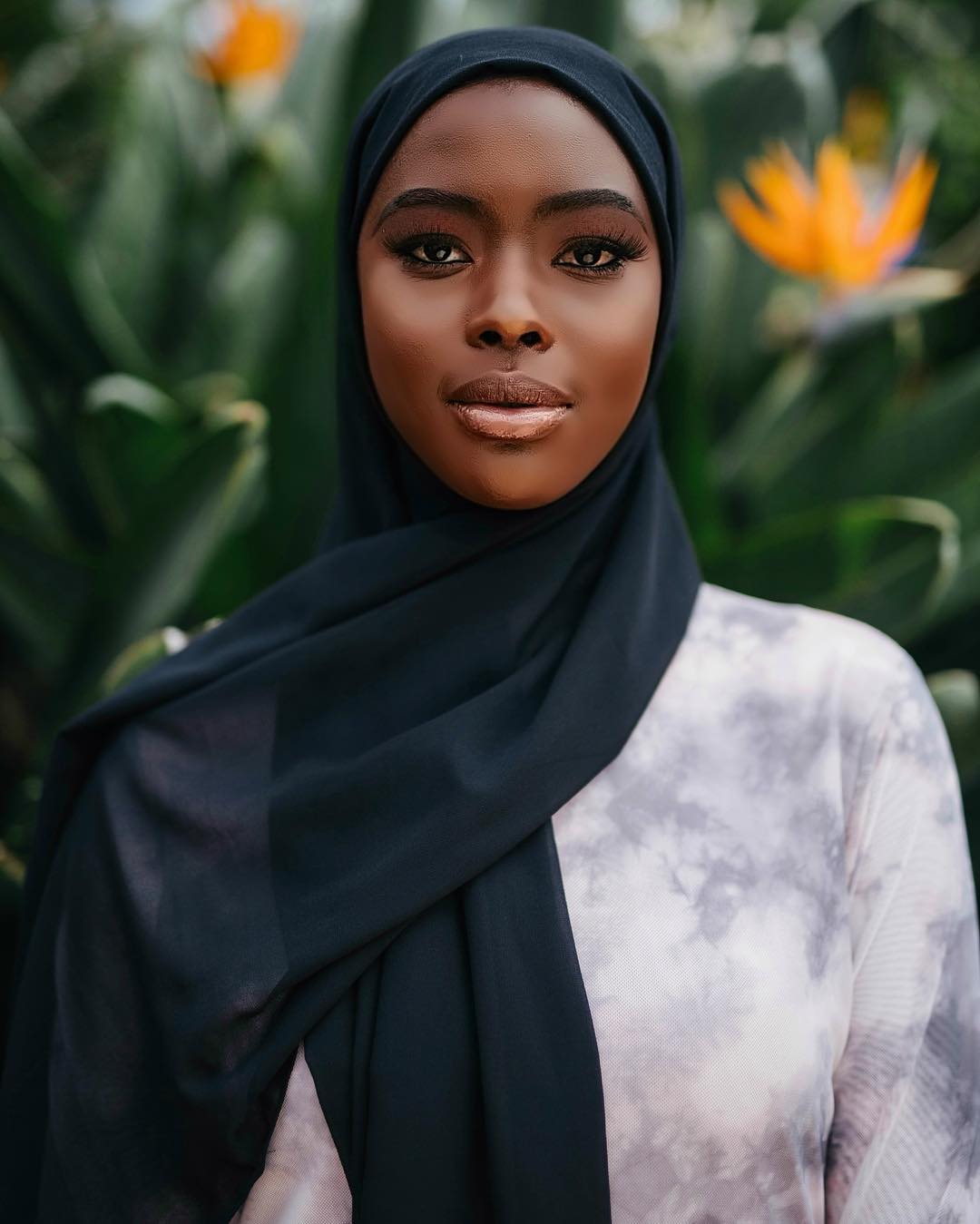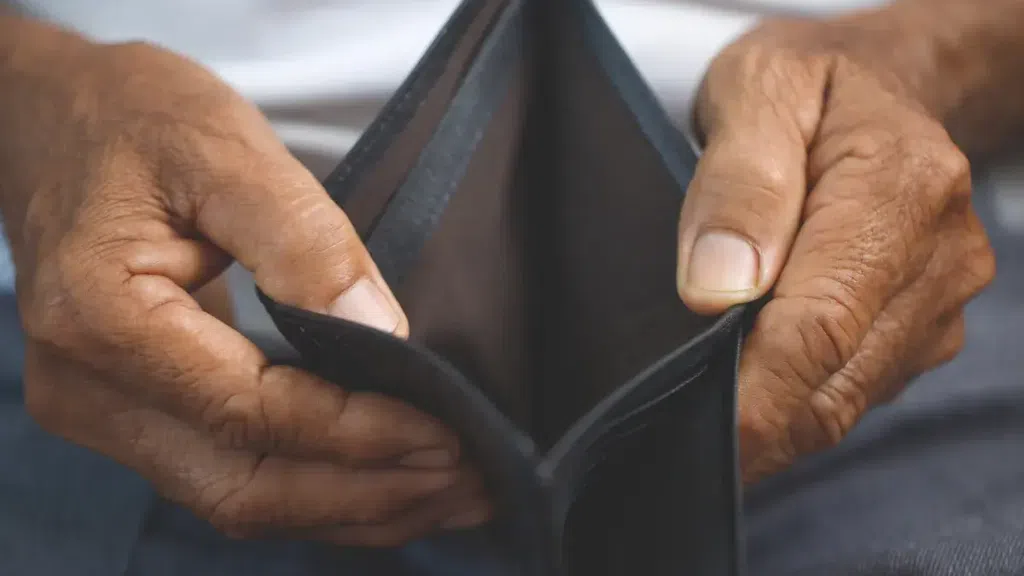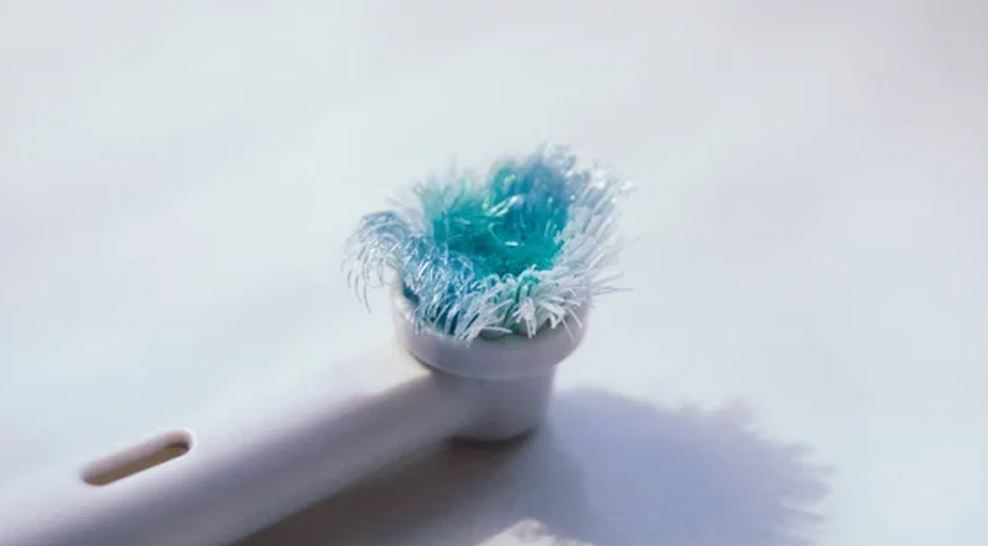Wearing a hijab is a beautiful expression of faith, identity, and modesty. But while it protects your hair from environmental stressors like sun and pollution, it also creates unique challenges—especially in hot, humid climates like Nigeria.
If you wear the hijab daily, your hair may be hidden from the world, but it still needs consistent care to stay healthy, moisturised, and strong.
In this guide, we’re sharing 8 simple yet effective hair care tips for women who wear hijab—plus practical product suggestions to help you prevent dryness, breakage, and scalp issues.
1. Start with Clean, Hydrated Hair
Always wash and moisturise your hair before wearing your hijab. Dirty or dry hair under a scarf can cause scalp itchiness and flaking. Use a mild, sulphate-free shampoo to maintain natural oils and follow with a hydrating conditioner.
2. Oil Your Scalp Daily
Light oils like argan, jojoba, or coconut oil help nourish your scalp, reduce dryness, and promote growth. Daily scalp oiling is especially helpful for hijabis to avoid product buildup and odour from long hours of covering.
3. Choose Hijab-Friendly Fabrics
Avoid synthetic materials that trap heat and cause friction. Instead, opt for cotton, silk, or jersey hijabs that are breathable and gentle on your edges. They reduce breakage and keep your hair cool.
4. Say No to Tight Hairstyles
Tight buns and ponytails pull on your scalp and edges. Go for loose low buns, braids, or flat twists to protect your hair from tension and prevent thinning hairlines.
5. Keep Your Scalp Dry and Fresh
Never cover damp hair—it can lead to bad odour, dandruff, or fungal buildup. Make sure your hair is completely dry before putting on your scarf. On sweaty days, use dry shampoo or scalp sprays for freshness.
6. Use a Silk Bonnet at Night
Friction from cotton pillowcases causes breakage. Wearing a satin or silk bonnet or scarf at night helps retain moisture and reduces split ends.
7. Hydrate Mid-Week
Refresh your hair during the week with a leave-in conditioner or water-based moisturising spray. This keeps your strands soft and your scalp nourished, even after long hours under a hijab.
8. Trim Regularly and Deep Condition
Split ends can worsen under constant wrapping. Trim your hair every 6–8 weeks and use a deep conditioner or hot oil treatment weekly to improve elasticity and strength.
Bonus Tip: Don’t Ignore Scalp Issues
If you experience excessive hair loss, dandruff, or thinning edges, consult a trichologist. Early intervention is key to healthy regrowth and long-term scalp wellness.





















